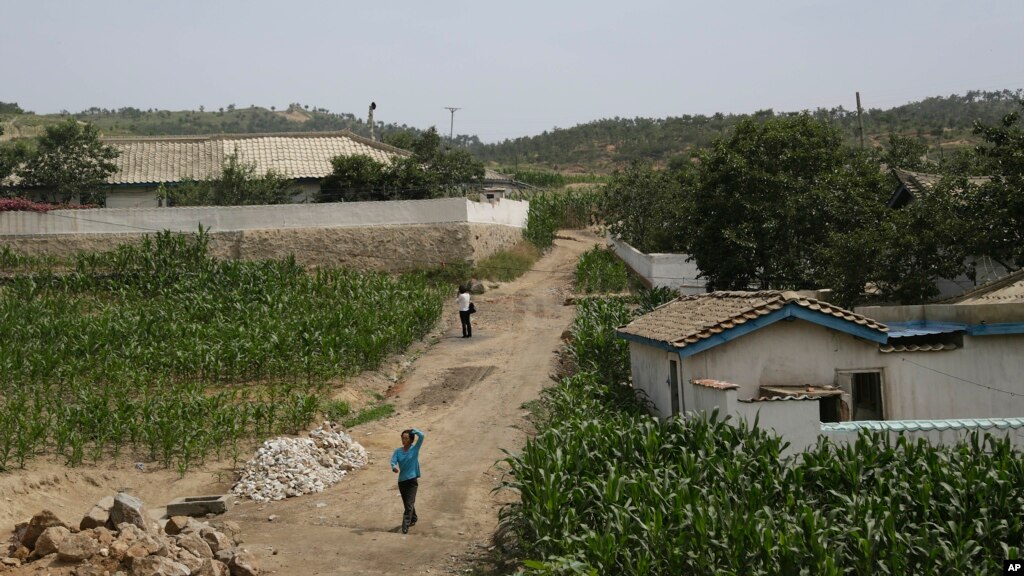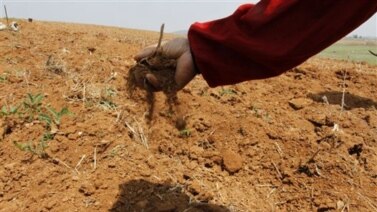
Officials at the United Nations Food and Agriculture Organization say North Korea has reduced the amount of food it gives to its people.
Cristina Coslet is the FAO’s Global Information and Early Warning System officer for Far East Asia. Ms. Coslet spoke to VOA by telephone. She said North Korean officials told the FAO that food rations for July are 310 grams per person per day. That is a 25 percent decrease from June. The average food ration between January and June 2015 was 410 grams daily.
Ms. Coslet said a severe drought is affecting the country’s crop production. She said early planted crops - wheat, barley, potato - decreased considerably.
She said she expected this year’s production of potatoes and winter wheat to drop by more than 20 percent from last year. The FAO official said the early season harvest is a small but important food source for North Koreans.
In her words, “spring crops are vital for food security, being an important food source for the lean season, which stretches from May to September.”
Much still depends on the weather. Ms. Coslet said it is still too early to estimate the final harvest. Rainfall in the coming weeks is extremely important.
The United States said last week that it has not received a request from North Korea for food aid.
U.S. State Department official Katina Adams said, “The United States remains deeply concerned about the well-being of the North Korean people. North Korea has not requested United States assistance, and the U.S. has no plans to provide humanitarian assistance to North Korea at this time.”
The FAO says North Korea is having unusually dry weather this year, with rainfall well below average. The drought is drying up the country’s irrigation water supplies, including dams, wells and reservoirs.
Last month, North Korea’s official media admitted that the country has been hit with “the worst drought in 100 years,” adding that the lack of rain was “causing great damage” to the country’s agricultural fields.
I’m Caty Weaver.
Hyunjin Kim reported this story for VOA. Mario Ritter adapted it for VOA Learning English. Caty Weaver was the editor.
Words in This Story
ration – n. a specific amount of something, usually food, officially provided during a time of shortage
drought – n. a period with very little or no rain, and extremely dry conditions
vital – adj. extremely important
lean – adj. thin, with little excess
irrigation – n. systems for, or the process of, bringing water to plants for agricultural purposes
reservoir – n. a usually human-made lake that is used to store a large supply of water for use in people's homes, businesses, etc.

